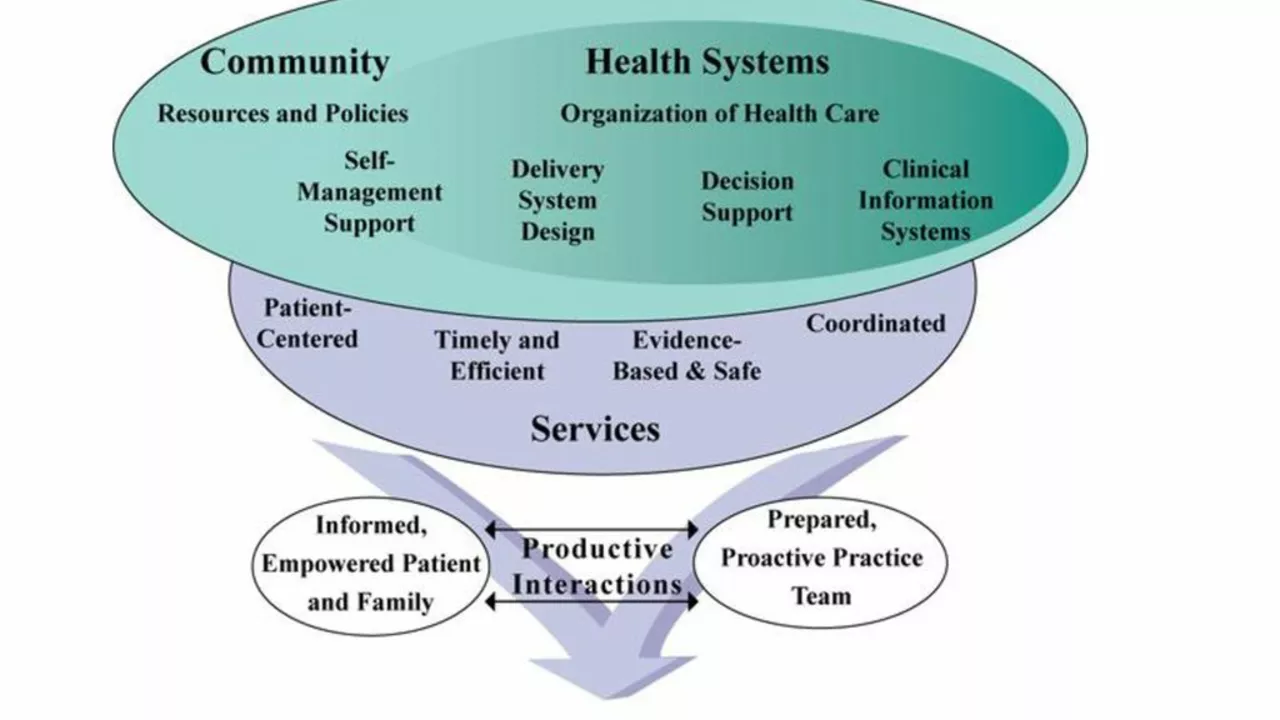
Setting the Scene: Health versus Primary Care
Welcome aboard the information express as we journey through the intricate world of health and wellness! If you've ever wondered about the difference between health and primary care, stick around because we're about to dive deep into a subject that's as fascinating as it is vital to our everyday lives.
The concepts of health and primary care are often used interchangeably, which can lead to a whole lot of confusion. As someone who once found himself lost in the jargon of healthcare, I've always wanted to shine a light on the contrast between the two. So, let's lace up our learning boots and navigate the health terrain to uncover what these terms truly mean.
Beyond Terminology: Understanding Health
Last summer, I suffered a minor cut on my foot while chasing Bailey (my mischievous Beagle) and Theodore (my equally cheeky son) around the garden. It seemed like a minor incident, but it served as a stark reminder of how important it is to guard our health. But what is health exactly? Well, according to the World Health Organization, health is a "state of complete physical, mental, and social wellbeing, and not merely the absence of disease or infirmity".
Sounds intense, right? But it isn't. What this means is that health isn't just about not being sick or injured. Health is about feeling good in your body, being positive in mind, and living harmoniously within society. It's about eating that scrumptious, Granny-made apple pie and also doing your 10,000 steps a day. It’s about laughing out loud at Oscar's (our parrot who thinks he's a comedian) absurd mimicry, and ensuring you have adequate sleep. It’s the overall harmony of your body, mind, and spirit.
Primary Care: Your First Line of Defense
Primary care, on the other hand, is like our healthcare superhero without a cape – it may not be flashy, but it plays a crucial role in maintaining and improving our health. It's all about preventing, diagnosing, and treating a variety of ailments and health conditions. So, it's essentially that general practitioner (GP) you visit for routine check-ups, vaccinations, or when you have a health concern. In my case, it was that cut on my foot.
In essence, primary care is all about providing holistic, patient-centered care that is accessible, comprehensive, continuous, and coordinated. Its main aim is to provide a focal point for ongoing patient care, focusing on the patient's overall wellbeing and meeting the health needs of the individual and the community.
The Intricacies of Health: Body, Mind, and Society
Now, health is this grand umbrella that covers every aspect of our wellbeing. Just like the wheels on a car need to be balanced and aligned for a smooth ride, the different components of health need to align to maintain a harmonious state of being. The physical, mental, and social aspects of health are interconnected and equally important.
I learned this the hard way when I ignored a simple cold that led to a gnarly chest infection. Remember that cut on the foot I mentioned? It healed fine, but while I was on antibiotics, I didn't take enough care of myself and ended up catching a cold from Miriam (my lovely daughter). Ignoring my physical health, in this case, led to a mental health hiccup, thanks to the prolonged sickness and isolation.
Interplay of Health and Primary Care: An Unbreakable Bond
The beautiful dance between health and primary care is what keeps us ticking like a timely clock. When these two forces are in harmony, we are empowered, knowledgeable, and in control of our health. But beneath this captivating dance is a framework of health literacy and accessibility that ensures your journey towards better health doesn’t go astray.
Empowering individuals with knowledge about their health and the importance of primary care can greatly impact their health outcomes. By understanding the basic principles of preventative healthcare, we can influence our personal health and contribute positively to community health. So, don’t forget to schedule that GP visit for a regular check-up, even if you feel like a million dollars.
The Higher Purpose: Making Health and Primary Care Partners in Progress
Creating an environment where health and primary care co-exist harmoniously is essential for the progress of any society. At an individual level, this might mean developing healthy lifestyle habits, ensuring regular check-ups, or investing time in understanding the nuances of healthcare.
Policy making plays a large role in shaping this harmonious co-existence on a larger scale. It's also our duty as health-conscious individuals to press for policies that not only promote and protect health but also ensure that primary care is accessible and affordable for all.
Remember, health isn't just about not being ill. It's much more - it's holistic, it’s multi-dimensional, and definitely the most valuable thing we possess. So, let’s treat it with the respect it deserves. After all, without good health, how would I ever keep up with Bailey, Oscar, Theodore and Miriam?!
 Health & Wellness
Health & Wellness